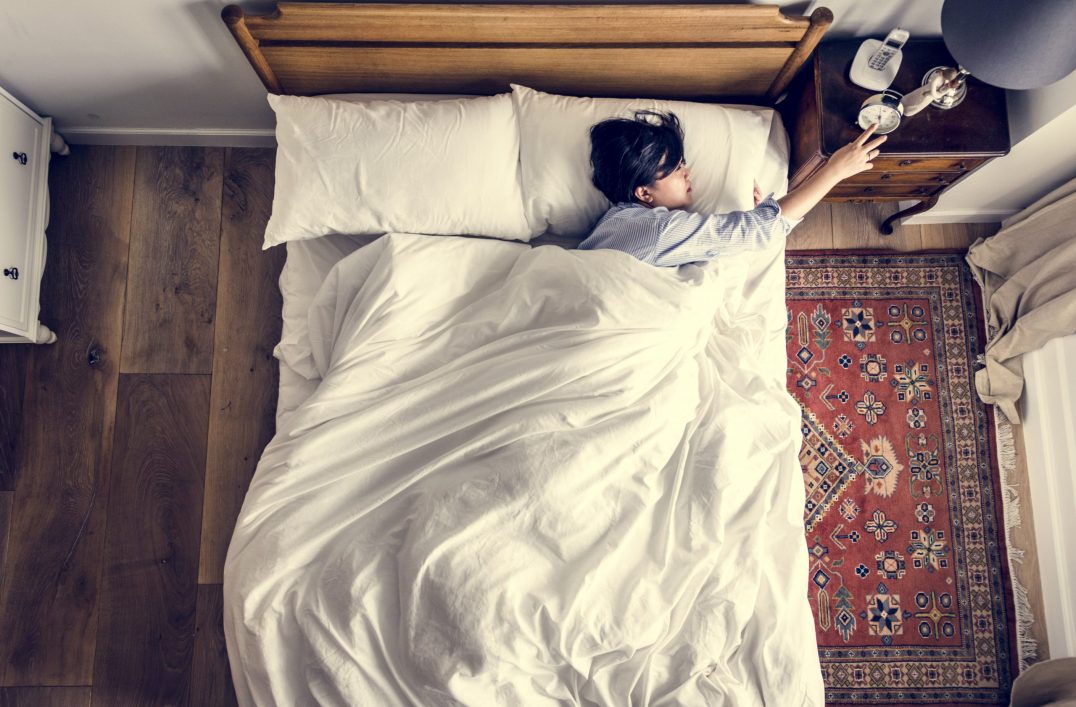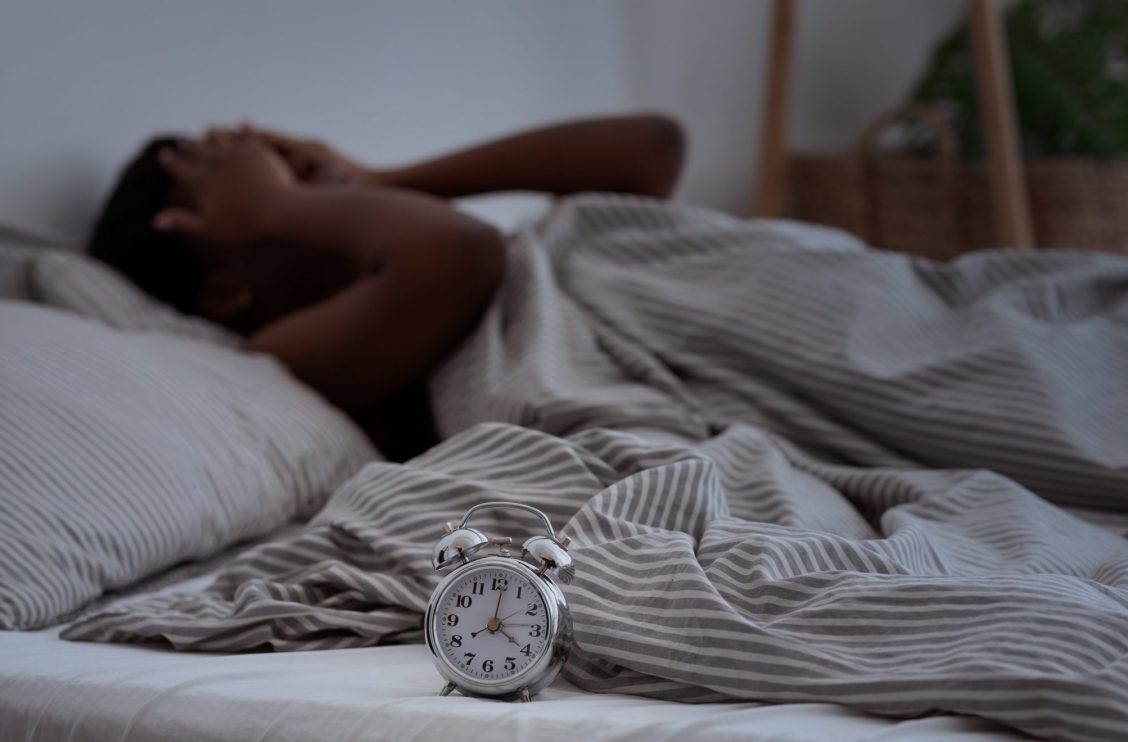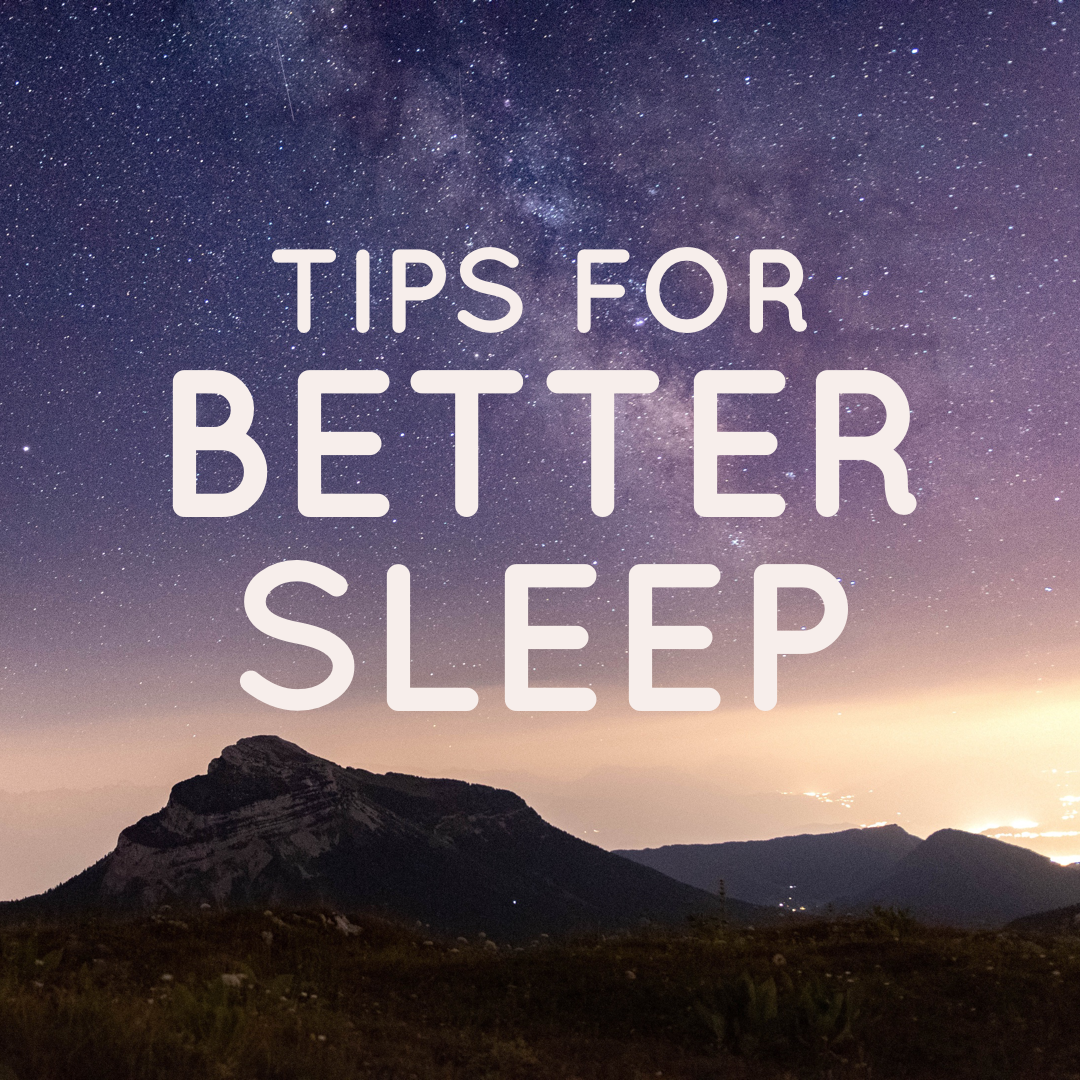Treating Insomnia
Insomnia is a common sleep disorder in which individuals struggle to get the amount of sleep needed to function efficiently. Even when in the right environment and having time to sleep, individuals with insomnia may have trouble falling asleep, staying asleep, or getting good quality sleep. Short-term insomnia is very common and can be caused by stress, travel, and more. Long-term insomnia lasts for more than three weeks, and those experiencing it should speak with their health care provider for further help. Treating insomnia can help get individuals back to normal sleeping habits, which can lead to many improvements in day to day life.
SYMPTOMS
For those with insomnia, common symptoms include but are not limited to:
- Lying awake for extended periods of time before being able to fall asleep
- Having poor quality sleep that leaves you feeling unrested or sleepy after waking up
- Waking up earlier than desired and not being able to fall back asleep
- Sleeping for only short periods and being awake for most of the night
Complications
Sleep is vital to a healthy mind and body. Chronic insomnia can affect how your brain, heart, and other parts of your body function. These conditions are serious and include:
- Heart problems such as high blood pressure, arrhythmia, or coronary heart disease
- Breathing problems such as asthma
- Metabolism problems as sleep can change the levels of hormones that control hunger and help break down food
- Immune system problems which can make it harder for your body to fight off germs and sickness
- Mental health conditions such as anxiety and depression
Treatment
Treatment and therapies may vary but treatment plans commonly include:
- Stick to a schedule with a consistent wake up and sleep time
- Make your bedroom “sleep friendly” meaning keep sleeping environment comfortable and free from artificial light or bothersome sound
- Avoid naps in the daytime, especially the late afternoon as this can make it harder to sleep at night
- Eat meals on a regular schedule and avoid eating late dinners
- Avoid alcohol, caffeine, and nicotine before sleep
- Relax and find stress management techniques that will help you wind down before bedtime
- Medications or over-the-counter remedies such as melatonin and valerian root, but before taking these we suggest speaking with your healthcare provider
- Cognitive behavioral therapy can be used to treat insomnia as it helps teach individuals how to fall asleep faster and stay asleep through the night
Finding TREATMENT AND RESOURCES
- To learn more about insomnia or getting treatment, we recommend contacting your health care provider.
- To read more, the following resources are suggested:
Return to home page: https://nwmind-bodywellness.com/
Read more articles: https://nwmind-bodywellness.com/articles/



